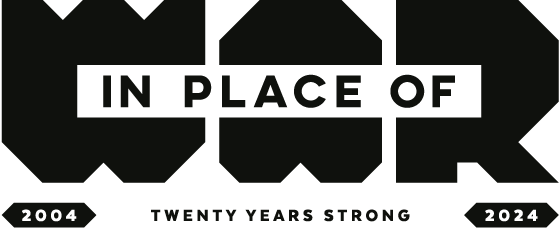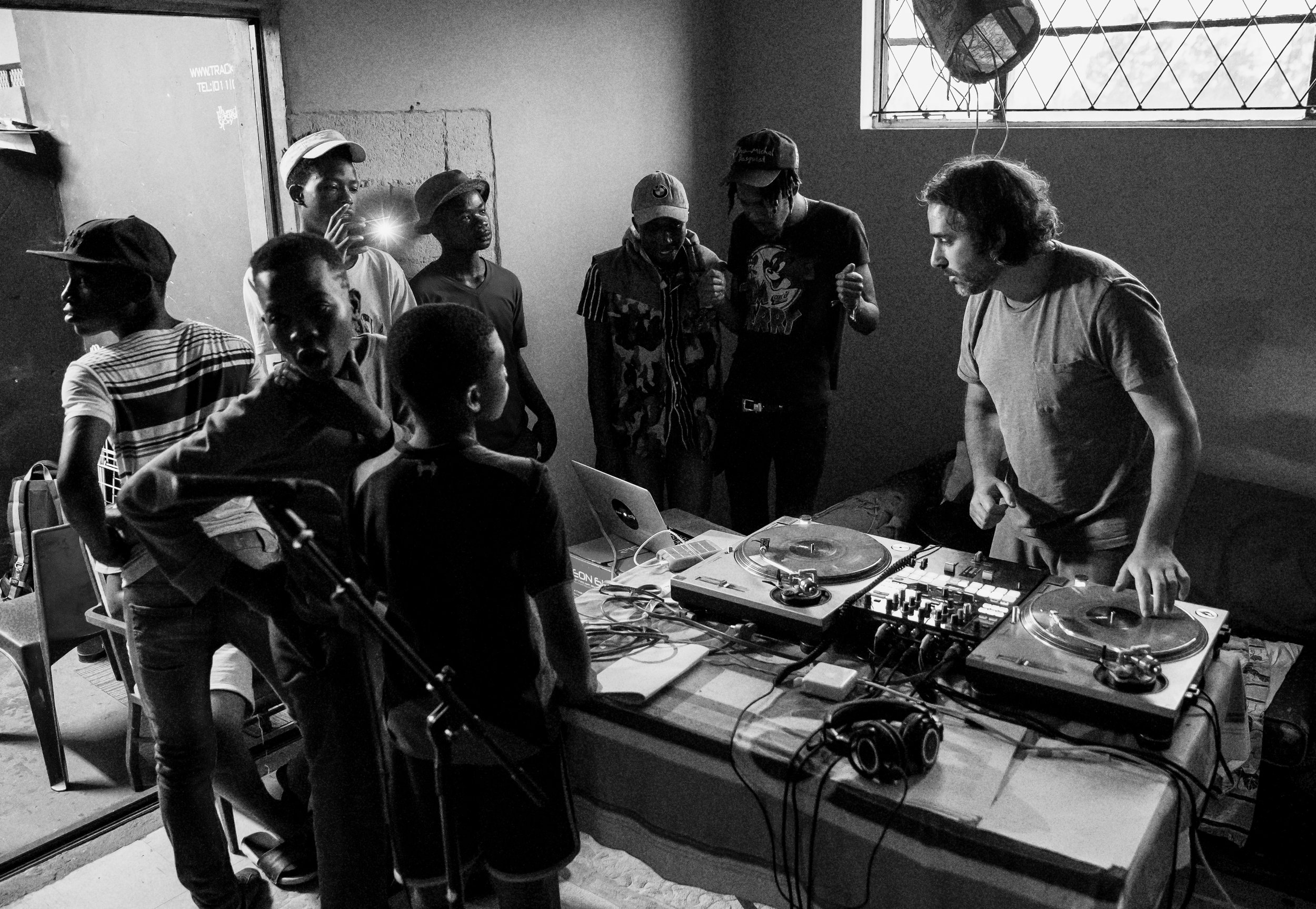NAFASI
NAFASI was a Leverhulme Trust and Arts & the Humanities Research Council AHRC funded research project that sought to examine the value of cultural spaces in situations of conflict, war and social upheaval, as a tool for community cohesion; a tool in the promotion of education and awareness; and as a facilitator for social and political change. The central question of the project was ‘What is the role and advantage of cultural spaces in the contexts of conflict, deprivation and social disadvantage?’. For the purposes of this study, a cultural space was considered as a liminal space that must adapt to the needs of the community it operates within, but holds at the core of its ideology, a belief in creation and generation.
In answering this question we engaged with the following themes and concerns related to the topic:
the utility of spaces that exist beyond the reach of policy makers in zones without the benefit of administrative oversight and government endorsement;
the power of networked spaces in comparison to those operating in isolation;
the overlap of cultural spaces with ‘safe spaces’, and how a space that exists predominantly for the promotion of culture, can also serve to fulfil other functions within a community;
understanding impact at a grassroots level and the development of transferable tools to help measure the impact of grassroots cultural spaces.
Network meetings were held in Lebanon, Brazil and Zimbabwe, and through additional funding from the AHRC, we were able to hold additional meetings in the UK and South Africa.
The network partners were:
Fora Do Eixo, Brazil (cross-country networks, mobility)
AltCity, Lebanon (enterprise and community)
Tiuna El Fuerte, Venezuela (architecture and community ownership)
Libraries and Hip-Hop Schools, Medellín, Colombia (a government funded imitative)
Contact Theatre, UK (youth programmes and social outreach).
Search for a Common Ground, DR Congo
Magamba Network, Zimbabwe
Trackside Creative, South Africa
Rise Above Development, South Africa
Duto, Brazil
Mau Mau Arts, Kenya
Research activity
A mixed methodology was adopted in order to achieve a nuanced approach in examining the above-mentioned questions. Research activities consisted of:
Field visits to cultural spaces, with facilitated conversations about the development, purpose, governance, and funding of the space. In each country several different cultural space models were experienced in diverse contexts including favelas/ comunas, inner city, and townships.
Talks were delivered from each network member about their cultural spaces and programmes.
Workshops were facilitated exploring the themes of: State Sponsorship vs. Creative Freedom in Cultural Space’, ‘Cultural Spaces and Safe Spaces – the role of cultural spaces in providing safe havens for young and vulnerable people’, and ‘Cultural Spaces and War’ and challenges around sustainability, funding and understanding impact
The questions and findings were collated into an education programme and toolkit to help the development of new cultural spaces.
Ruth Daniel and Teresa Bean from In Place of War developed a book featuring the members of the network called, The Art of Making Something from Nothing.
Insights from the workshops and evaluation have fed into the NAFASI Toolkit and Education Programme.
The Cultural Space Development Programme (CSDP)
During focus groups and consultations with NAFASI network members, the need to develop and share tools to enhance practice and approaches to developing cultural spaces became apparent. As a response to this, In Place of War created The Cultural Space Development Programme - a blended learning package of video, audio, text and online resources, drawing on real life case studies and developed in partnership with 40 international partners (from a range of contexts including Africa, Latin America, Asia). The course is a structured programme of activities covering ten themes. Each unit is accompanied by a detailed lesson plan outlining the aims and activities to be delivered in the session. In order to build local capacity, local people are recruited to deliver the CSDP to young people in their communities. The ‘Train the Trainer’ sessions, certified by the University of Manchester, aim to prepare trainers to deliver the CSDP through activities focused on teaching methodologies, classroom management and teaching practices and observations.


